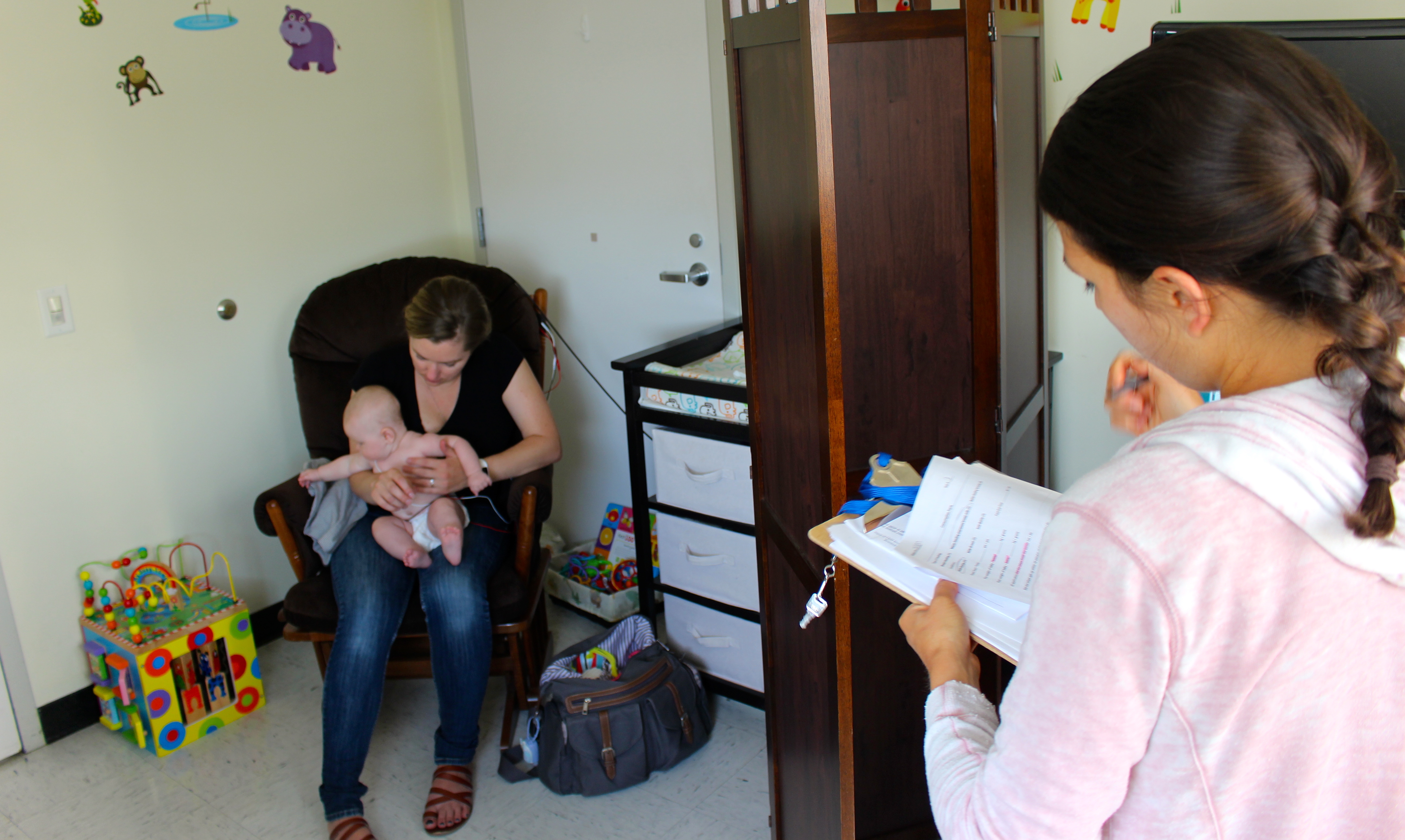New Study Investigates Relationship Between BPA and Type 2 Diabetes




Professor Todd Hagobian and his Research Assistant Hannah Brunner-Gaydos are getting ready to launch their new grant from the American Diabetes Association.
Cal Poly researchers hope a new American Diabetes Association grant will allow them to eventually make public health recommendations to help reduce the prevalence of type 2 diabetes.
Type 2 diabetes affects more than 29 million Americans. Diet, physical activity, obesity and genetics can all contribute to development of the disease, but these factors only explain 30-60 percent of causation. Todd Hagobian, a kinesiology and public health professor and the Center for Health Research (CHR) associate director, and his colleagues will examine whether oral consumption of Bisphenol A (BPA) — a chemical used to make plastics, cans and other food storage containers — is another contributing factor.
Hagobian and his team will determine whether four days of BPA consumption alters type 2 diabetes risk markers. They will recruit 40 healthy men and women to participate in two days of preliminary tests and four days of treatment while they sleep and eat in Cal Poly facilities beginning this winter.
Study volunteers will be randomized into two groups and will be given either a small amount of BPA or a placebo. Participants and research staff will be masked to the group condition. Participants will be paid a maximum of $500 for their participation and offered two days of fresh food to reduce BPA levels.
To help oversee the study, CHR is excited to welcome a new postdoctoral fellow, Adam Seal, currently a Ph.D. candidate in exercise science from the University of Arkansas and Arizona State University. He will be joined by Hannah Brunner-Gaydos, who has been with CHR since graduating from Cal Poly with a bachelor’s degree in kinesiology in June.
Brunner-Gaydos, who is originally from Washington, worked as a research assistant on the Gestational Diabetes Prevention study during summer. She also helped set up the BPA study and completed her phlebotomy certification in preparation for the new study. The project will also employee students who will receive hands-on research experiences such as helping aid in recruit and process blood and biospecimens.
As a preliminary test, Hagobian and his team conducted one of the only known studies of BPA consumption in humans and found that consumption of a single, oral BPA immediately decreased glucose responses to an oral glucose tolerance test over 3 hours. Through this more extensive project, they hope to inform public health recommendations for food packaging.
For more information or to participant in the grant, please contact Hannah Brunner-Gaydos at 805-756-5573 or by email at hbrunner@calpoly.edu



